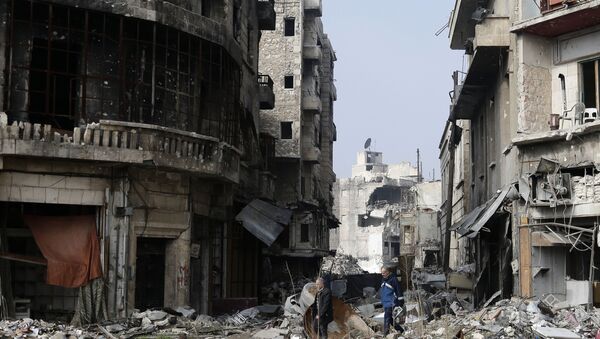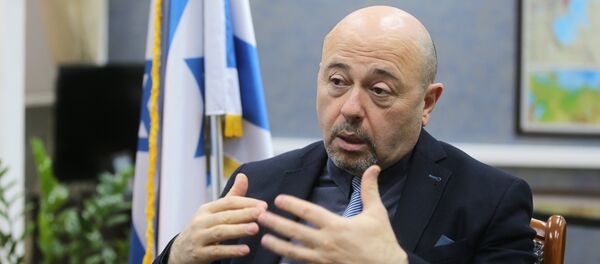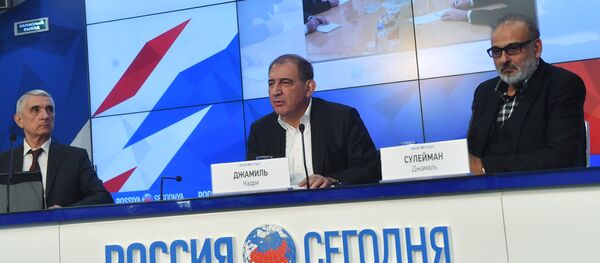"Saudi Arabia until this moment, unfortunately, still supports the armed terrorists in Syria, Qatar as well and its positions have not changed since the beginning of the crisis, while there have been important changes in the positions of the United States, Europe and Turkey. The Saudi policy is still based on the concept of 'regime change' from abroad… and it is a clear obstacle for joining these countries," Nadir, who is also a tribal leader, said.
He stressed that so far Saudi Arabia had failed to recognize the "new balance of powers" in Syria, where people had chosen to unite against common threat of terrorism through the support of the Syrian leadership, "which was democratically elected and represents different groups of the Syrian society."
The next round of UN-mediated talks in Geneva was expected to take place on February 8. On Friday, Lavrov said that the United Nations had decided to postpone the negotiations until the end of the month.
Russia, Turkey and Iran acted as guarantors in establishing the latest Syrian ceasefire, which came into effect in late December 2016. The ceasefire was followed by peace talks in Kazakhstan's capital Astana, also backed by the three countries, during which Syria's warring sides agreed on a ceasefire monitoring mechanism.



